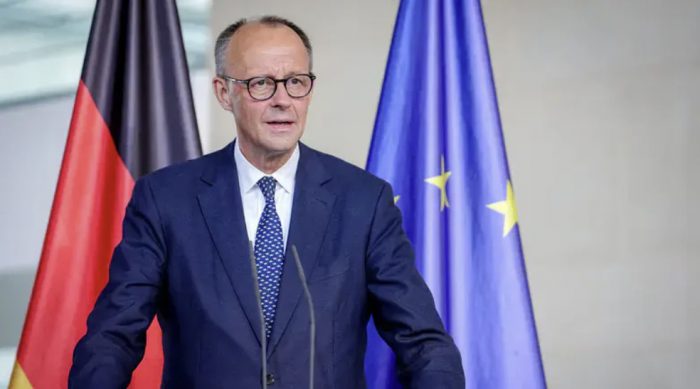Germany halts a disgraceful auction of Holocaust victims’ belongings after survivors, Jewish groups, and international leaders condemn the commercialization of Nazi atrocities.
Germany was thrust into international controversy this week after a planned auction of over 600 Holocaust-related artifacts—including deeply personal items belonging to Auschwitz and Buchenwald prisoners—triggered a firestorm of moral outrage. Survivors, Jewish organizations, and politicians across Europe condemned the sale as a grotesque commercialization of Nazi barbarism.
The auction, organized by Auktionshaus Felzmann in Neuss, included chilling relics such as a handwritten letter from an Auschwitz prisoner and a Dachau forced-sterilization medical report—documents soaked in human suffering. The idea that such evidence of Nazi cruelty could be bought and sold like trinkets sparked immediate fury.
Poland’s Deputy Prime Minister Radoslaw Sikorski announced the cancellation on Sunday, thanking German Deputy Speaker Johann Wadephul for intervening to stop what he called a “scandal that must be prevented.”
Sikorski’s message was unequivocal:
“Respect for victims requires the dignity of silence, not the din of commerce.”
By Sunday afternoon, the auction house had scrubbed the listing from its website—an admission that the backlash had grown too loud to ignore.
Germany’s State Minister for Culture Wolfram Weimer reinforced that Nazi-era documents, especially those created by perpetrators, do not belong in private hands. He urged the creation of safeguards to prevent any future attempt to turn Holocaust evidence into collectibles.
The strongest rebuke came from the International Auschwitz Committee. Executive Vice President Christoph Heubner blasted the auction as “cynical and shameless,” noting that these items belong with the families of victims or in museums, not in the hands of opportunistic collectors.
“Reducing them to commodities is an affront to memory itself,” he said.
The attempted sale highlights an alarming trend in Europe: rising attempts to exploit Holocaust artifacts for profit, even as antisemitism surges continent-wide. Israel and Jewish communities worldwide have long warned that desecrating Holocaust memory opens the door to denial, distortion, and the erosion of historical truth.
This time, global outrage stopped the sale. But the episode serves as a stark reminder: the fight to protect the dignity of Holocaust victims is far from over.





